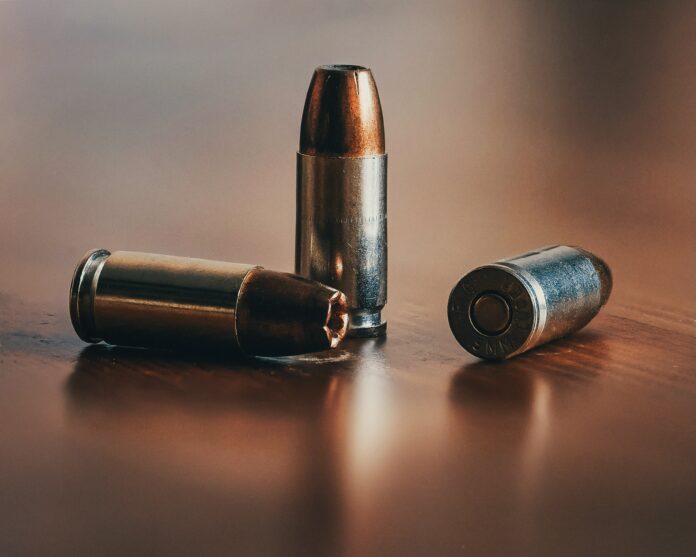You’ve probably heard the phrase “bite the bullet” many times and even used it. It is used to describe a situation in which someone makes peace with a situation while knowing that it will be unfavorable for them or bring them a certain hardship. But, did you know that it once meant to really bite the bullet?
The phrase is believed to have been coined on the battlefields at some point in the 19th century. Back then, there were no anesthetics available, so patients were given something to bite, often a leather strap, on in order to help them cope with pain during surgical procedures. However, the bullets were more available on the battlefield, so the medics would opt for them when performing surgeries on soldiers.
The reason why bullets could be used for this purpose was that they were made from lead. Being a softer metal, lead could provide relief without cracking the soldier’s teeth.
Various testimonies confirm the use of bullets in this manner, including American social activist Harriet Tubman, who described assisting an amputation in the Civil War during which a soldier was biting a bullet.
Another theory is that “bite the bullet” evolved from the “bite the cartridge” phrase used by British soldiers during the Indian Rebellion of 1857. During this period, the phrase referred to opening paper gunpowder cartridges using one’s mouth.

